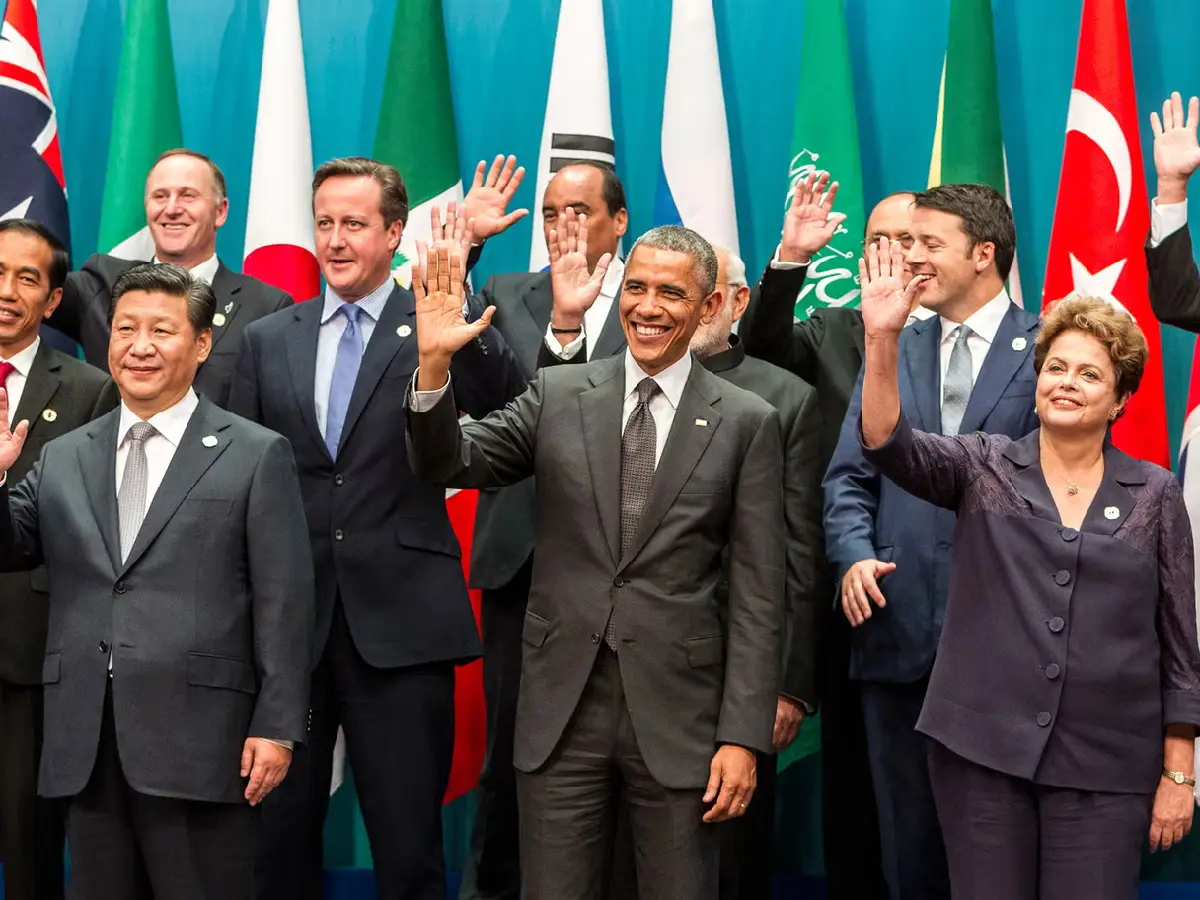### Navigating the Global Trade Landscape: Calls for Tariff Rollbacks Amidst Complex Negotiations
In the ever-evolving realm of international trade, a critical development has captured the attention of numerous countries worldwide. Recent impositions of steep tariffs by the U.S. administration have sparked significant global concern, prompting calls from dozens of foreign governments for a reconsideration of these trade barriers. The complexities of this issue not only affect bilateral trade relationships but also impact global economic stability.
#### The Push Against Tariffs
The recent tariffs introduced by the U.S. have triggered a wide-reaching appeal from countries around the globe. These nations are urging the U.S. President to reconsider and potentially roll back these charges, which they argue are harming their local economies and complicating international trade dynamics. The tariffs, initially set as a means to protect domestic industries, are being viewed by many as overly restrictive and detrimental to the broader economic partnerships that stabilize global markets.
#### Challenges in Diplomatic Negotiations
Despite these appeals, the road to negotiation seems fraught with challenges. The U.S. President and his key advisers have expressed that modifications to the tariff policies will not come easily and that any adjustments would require complex negotiations. The administration has highlighted the tariffs as a leverage point in broader economic discussions, aiming to achieve more favorable trade terms for the U.S. This stance has indicated a tough negotiation process ahead for all parties involved.
### Implications for Global Trade
1. **Economic Impact**: The primary concern for many of these nations is the economic impact of the tariffs. Local industries that rely on exports are facing higher costs and reduced competitiveness in the U.S. market, which in turn could lead to job losses and a slowdown in economic growth globally.
2. **Supply Chain Disruptions**: Another critical aspect is the disruption of international supply chains. Many industries operate on intricate networks that span multiple countries, and tariffs can complicate these systems, increasing costs and delay times across various sectors.
3. **Political Relations**: Beyond the economic dimensions, there’s also the issue of political relations. Tariffs can lead to strained relationships between countries, affecting not only trade but also international cooperation on other fronts such as security, technology, and environmental issues.
#### Looking Ahead: The Future of International Trade Relations
As discussions continue to unfold, the global community remains watchful. The potential rollback of these tariffs could pave the way for more amicable trade relations and stronger economic ties. However, the negotiation process is expected to be intricate, involving detailed discussions and compromises.
Governments and businesses across the world are closely monitoring the situation, hoping for a resolution that leads to a more stable and prosperous global market. The outcome of these negotiations will likely have a long-lasting impact on international economic policies and global trade practices.
In summary, while the appeal from foreign governments to rollback tariffs represents a collective desire for freer trade and economic stability, the path forward is clouded with challenges. As we look to the future, it remains to be seen how these issues will be navigated and what new dynamics will emerge in the global trade landscape. Leaders and policymakers will need to tread carefully, balancing national interests with global cooperation to foster an environment of mutual economic prosperity.










